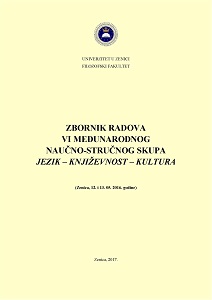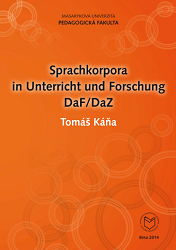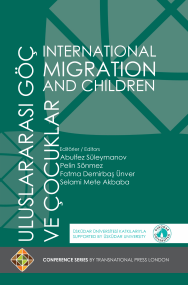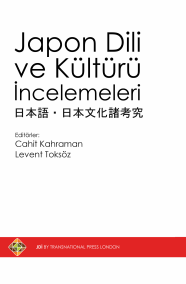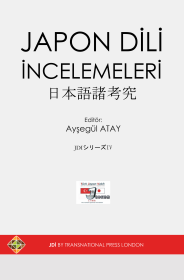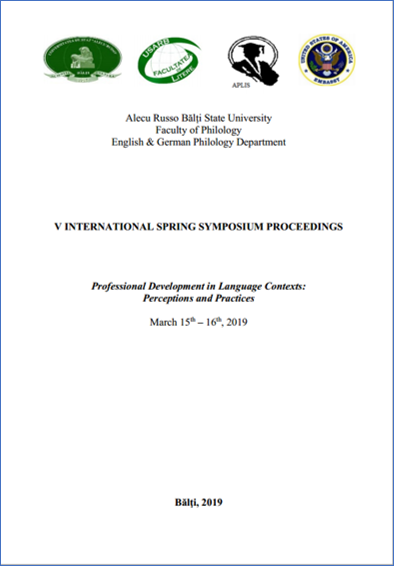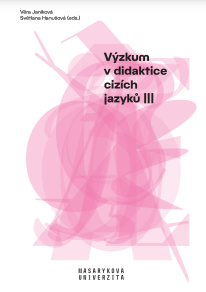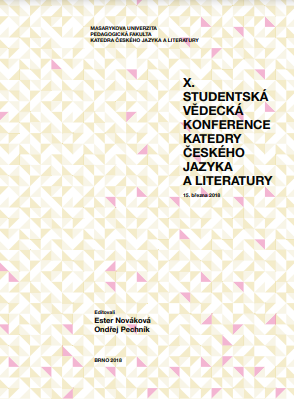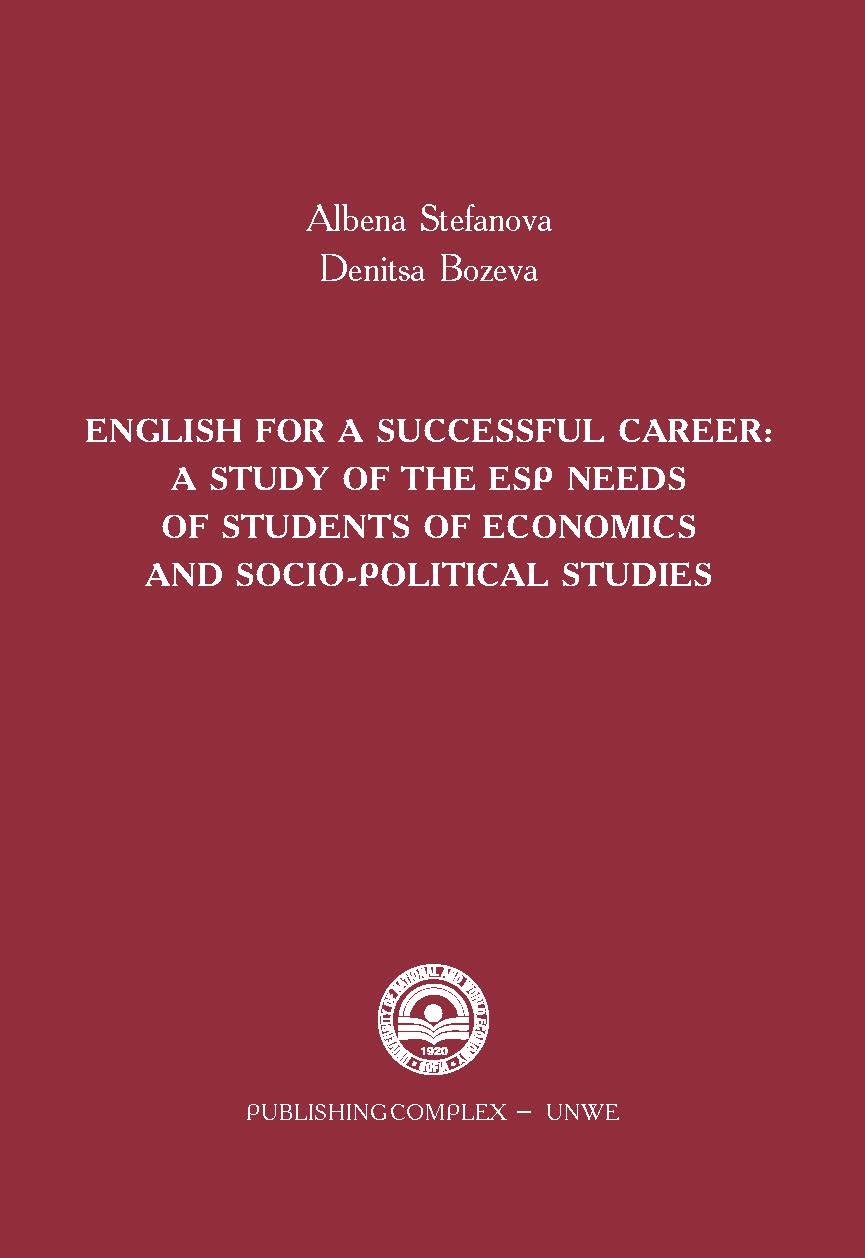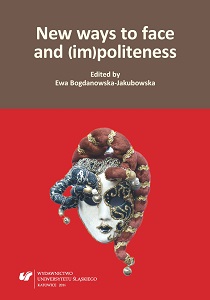
Omoiyari – the key word of harmonious Japanese communication
Omoiyari is known as one of the most ideal ways of behaviour in Japanese society. The word has been translated in Japanese-English dictionaries as nouns: “consideration,” “sympathy,” “empathy,” “compassion,” and as adjectives: “thoughtful” and “sensitive.” Additionally, Rohlen (1974) suggested combinations of English words such as “concerned sensitivity,” “empathetic sensing,” “concerned empathy” and “concerned emphatic kindness.” However, as Travis (1992) showed in her work, none of these words correspond to the full meaning of omoiyari, which is described in Japanese primary schools’ curricula as “Omoiyari tte nan darou. Doushitara ii no” (“What is an omoiyari. What is the best thing to do?”) and by Lebra (1976) as a way of harmonious Japanese communication and coexistence with others. Omoiyari, similarly to other types of behaviour, needs to be taught to children by their families and schools.The paper aims to approach the meaning of omoiyari as a concept which Japanese linguists, like Lebra and Japanese teaching curricula and books like “Katei kyouiku techou” (“Home education notebook”), try to present to Japanese children and non-Japanese speakers. Furthermore, the paper aims to address the question whether omoiyari is a unique concept of communication typical only for the Japanese language or if it could be found in Polish as well. In order to illustrate that, the situations in which Japanese people perform omoiyari are presented and the typical reactions of Polish people in the same situations are described.
More...

